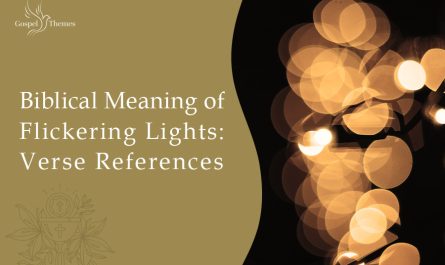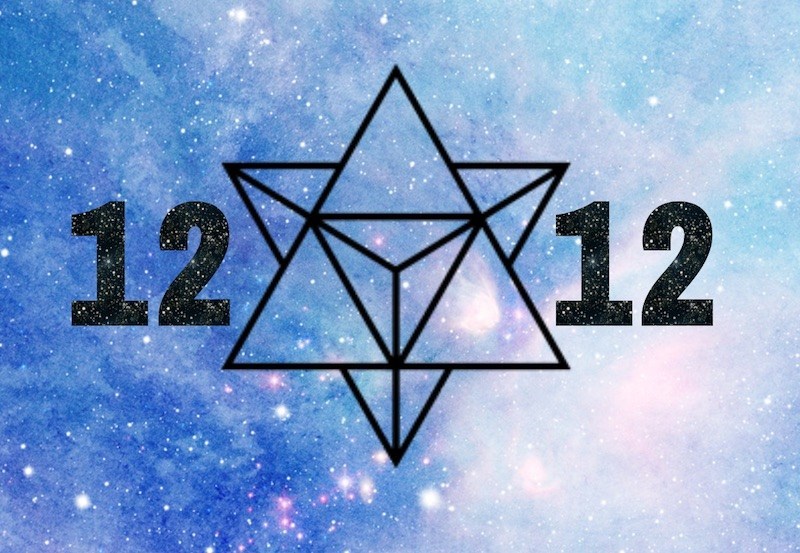There are many numbers that represent a profound ancient or biblical meaning. Certain numbers are used to convey an important message either in a subliminal or a direct way, and one of those is the number 7 biblical meaning.
With many different interpretations of ancient scripts, the number 7’s symbolism prevails throughout the scripture. It is mentioned over 700 times, and it’s mostly associated with completeness and rest.

7 Biblical Meaning
There’s no set meaning in the Bible for the number 7. It is often related to completeness, perfection, and rest, but also to judgment and punishment, as well as purity.
In different parts of the Bible, 7 biblical meaning had different uses and was used to send different messages.
This is why in the article, we will analyze the most notable Bible mentions of the number 7 separately in order to better determine its meaning in the given story.
The creation of the world
In the Bible, the seventh day of the week is known as the Sabbath. It is the day when God decided to take a rest after creating the world. The word originates from “Shabbat”, which is the Hebrew word for “rest”.
Specifically, in Genesis 1, the number 7 biblical meaning is more related to completion, perfection, and rest.
The story of Noah
Genesis 1 sets the tone for how the number 7 would be interpreted within the next few times it is used symbolically. In the story of Noah, God told him to bring seven pairs of clean animals on board. This was for the purpose of Noah having animals to offer as sacrifice to God after the water receded.
When God announces to Noah when the flood will begin, he tells him that the rain will start in seven days and that it will last for 40 days and 40 nights. Additionally, the arc stops on the mountains of Ararat on the 17th day of the 7th month, which further solidifies the role of the number 7 as a strong symbol of completion.
The Book of Leviticus
In the Book of Leviticus, the number 7 receives a new dimension as it is used to symbolize purification on top of its previous meanings.
Leviticus is primarily about the religious practices of the Israelites. It consists of holy laws and practices as well as instructions for offering sacrifices or making redemption for sins.
After seven cycles of seven years, God orders the Israelites to honor a Jubilee year. During this year, all debts were forgiven, slaves were freed, and lands were given back to their original owners. The Jubilee year was announced by seven priests with seven trumpets which only further strengthened the symbolic role of the number 7.
According to 12:2-4, a woman who gave birth was considered unclean for seven days with a purification process taking 33 more days. This was relative to period blood and blood from wounds after giving birth. The 40 days were to give time for the woman to heal.
To summarize, in the Book of Leviticus, the number 7 is used in somewhat different contexts, but it preserves its previous meanings established at the beginning of the Old Testament.
The Ten Commandments
In the commandments, we receive a reminder of the importance of the Sabbath, as it is included in the fourth commandment. Here, the use of seven is for the purpose of emphasizing the importance of having a rest day on which the people can devote themselves to worshiping God.
The seventh commandment states, “Thou shall not commit adultery”, and it’s perhaps yet another reference to impurity relating to the number 7, although some scholars say that this commandment is there by coincidence.
The book of Ephesians
In the book of Ephesians, there is one body, one Spirit, one hope, one Lord, one faith, one Baptism, and one Father of all. These seven components signify the unification effect that God has over the people.
This symbolism is later used in the Book of Revelation, where seven churches represent different aspects of the church as an institution.
The Seven Bowls of God’s Wrath
The seven bowls of God’s wrath are judgments that God passes on to humans as a punishment for their wickedness. Seven angels are given bowls (also called plagues) of God’s wrath and are unleashed upon the followers of the Antichrist after the seven trumpets are sounded off.
The first bowl causes painful sores to break out on those who have the mark of the beast, the second bowl causes the sea to turn into blood, and the third bowl causes the rivers and springs to also turn into blood.
The fourth bowl causes the sun to burn people with fire, the fifth bowl throws the throne of the beast into the darkness and causes pain for his followers, and the sixth bowl dries up the Euphrates River, which allows the kings of the East to march across it and join the battle of Armageddon, and the seventh bowl causes a massive earthquake and big stones to fall from the sky.
Here we can see the number 7 being used in yet another context providing a different type of symbolism. The seven bowls represent God’s authority and anger toward people who defy him.
The seven trumpets
The seven trumpets were blown by seven angels to announce the arrival of apocalyptic events. The first trumpet brought a hailstorm mixed with fire which destroyed a third of the earth’s tree population. The second trumpet was a burning mountain that was cast into the sea, turning a third of the sea into blood.
The third trumpet was for a great star called Wormwood which fell from the sky and poisoned one-third of the fresh waters. The fourth trumpet was darkness, a partial darkening of the sun resulting in a loss of light.
The fifth trumpet was to announce the locusts that torment the people who didn’t have the seal of God on their foreheads, while the sixth trumpet was for the four angels who led an army of 200 million demonic horsemen that killed one-third of mankind.
Finally, the seventh trumpet was the final judgment and victory of God over the earth and the establishment of his kingdom.
The seven deadly sins
While they don’t appear under this name in the Bible, in the Book of Proverbs, there are, in total, seven things that God is said to hate, and those things have become known as the seven deadly sins or capital sins. Those sins are pride, greed, lust, envy, gluttony, wrath, and sloth.

Bottom Line
The number 7 is very prevalent throughout the Bible and is used in various contexts, offering various types of symbolism. For the most part, the number 7 biblical meaning is one of completion, rest, purification, or redemption.
Frequently Asked Questions
How many times is number 7 mentioned in the Bible?
Number 7 was mentioned 789 times throughout the Bible.
What are the seven virtues in the Bible?
The seven virtues are prudence, justice, temperance, courage, faith, hope, and charity. They are character traits deemed essential for living a good life.
What are the seven miracles of Jesus?
The seven miracles of Jesus, a.k.a. “The seven signs,” are turning water into wine, healing the official’s son, walking on water, healing a paralytic man, feeding the 5,000, healing a blind man, and raising of Lazarus.

 by
by 

